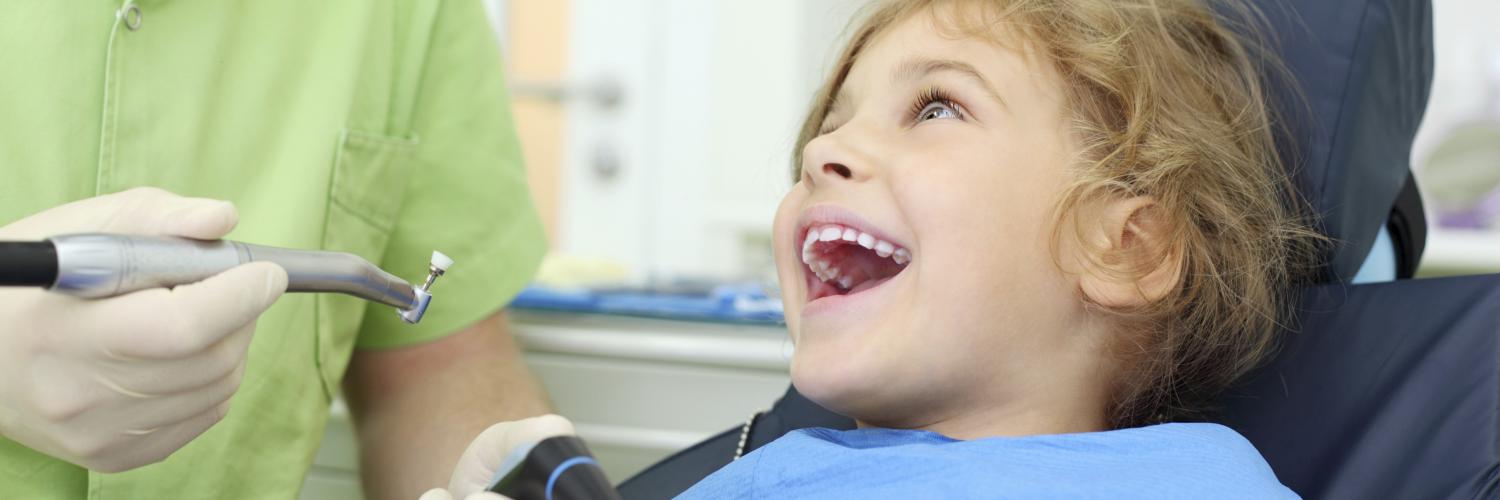FAQ
Can I contact your clinic directly or do I have to go through my dentist?
Why would a dentist recommend general anesthesia?
The most common reasons for a dentist to recommend general anesthesia are :
- The yound age of the patient
- The extent of work to be done (many teeth to treat)
- Difficult behavior, restless or non-cooperative child.
- Patient coming from a remote location (necessity to do a lot of work in one visit)
- Other medical reasons.
Is there any cost?
Dental treatments and anesthesia fees are covered by Québec Medicare (RAMQ) for all children under 9 years of age. Your child needs to have a valid Medicare card.
There may be fees for dental treatments not covered by the RAMQ. Your dentist will discuss this situation with you if necessary.
Should the child be accompanied?
The child shoud be accompanied by two responsible adults able to carry a young child in their arms
What are the fasting orders?
Fasting orders
For children over 11 years old and adults :
- No solid food after midnight
- Water, apple juice and gatorade are allowed after midnight and until two hours before surgery
For children 0 to 10 years old :
- Stop solid food and milk products 8 hours before surgery
-
Stop breastfeeding 4 hours prior to surgery
-
Water, apple juice and gatorade are allowed until 2 hours before surgery
Dress code
- Choose comfortable clothing. Avoid clothes with elastic bands, collars or tight belts as well as « overall » type pants.
- No jewelery, no nail polish.
Do you evaluate the general health of my child? Are all children accepted for treatment in your clinic?
Your child has to be in good health in order to have dental treatments under anesthesia in our clinic. If there is a health problem, we will evaluate carefully his/her condition in order to decide the safest place for your child to be treated. We sometimes refer our patients to specialized pediatric hospitals (Ste-Justine or the Childrens) for them to have their anesthesia in a more specialized environement.
What is your staff’s experience?
Dr Gilbert has been on staff at CHU Ste-Justine. Dr Vincent Collard is a pediatric cardiac anesthesiologist on staff at the Montreal Childrens Hospital. Dr Pierre Fiset was the head of the Department of Pediatric Anesthesia at the Montreal Childrens Hospital until 2018. Dr Vischoff worked as a pediatric anesthesiologist at Sainte-Justine hospital for 20 years. Dr Lavoie worked for 19 years at the Montreal Children's Hospital and lead the pediatric cardiac anesthesia division. When needed other qualified anesthesiologists join the team.
Our certified respiratory therapists are all members of the Ordre des Inhalothérapeutes du Québec (OPIIQ). They assist the anesthesiologist in providing anesthesia care and constant close monitoring during the maintenance and emergence phases. They all have a solid expertise in general anesthesia techniques. The OPIIQ comes regularly on inspection visits for quality assurance.
The quality and safety of our anesthesia care is equal to that required in hospitals. We take all necessary measures to provide a safe and comfortable experience for our patients.
Is anesthesia dangerous for my child?
We recommend the site:
https://www.safetots.org/for-parents/
for an excellent discussion about the anesthesia risks.
Are you equipped for emergency situations
- We carry all the emergeny medications recommended by Advanced Cardiac Life Support protocols (ACLS), the Canadian Anesthesiologists Society and the College des Médecins du Québec.
- Our personnel is trained in Basic Cardiac Life Support (BCLS)
- We carry state of the art ressuscitation material : defibrillator, physiological monitors, IV infusion material, venous access, aiway management equipement.
- We have been subjected to an inspection by Urgence Santé regarding the plannig of urgent transfer of patients, if needed, to CHU Ste-Justine, the Montreal Children’s Hopital, St-Mary’s Hospital.
- We have more than 30 years experience in the care of children having dental treatment under general anesthesia. Two of our Associates are in active anesthesia practice at the Montreal Children’s Hospital.
What happens when you give general anesthesia?
General anesthesia can be divided in 4 phases :
- Induction
Anesthesia induction is preferentially made using an intravenous injection, or alternatively via a face mask. Parents are present at induction to decrease the anxiety level of the child. - Intubation
In all of our patients, we place a breathing tube in the trachea in order to acheive maximal and safe control of the airway - Maintenance
All of our patients are connected to a physiological monitor to constantly measure beat to beat heart electrical activity (EKG), arterial blood pressure, expired CO2 (capnography), oxygen content in the blood (oxymetry), temperature and the level of anesthetic gases. These parameters are constantly under observation during anesthesia. - Emergence
Coming out of anesthesia first happens under close surveillance of our specialized personnel. Afterwards, parents are called in for the second part
What is the medication used?
We use the following medication :
- Advil is given orally before the procedure
- An induction agent is given intravenously, usually propofol
- Anesthetic gases : these are given constantly in order to maintain a light anesthetic state and to insure a fast recovery.
- IV solution : all patients receive an intravenous solution to compensate for the fluid deficit related to fasting and to allow for a fast access to circulation should we need to give emergency medication.
What is your code of ethic and your confidentiality policy?
You can find our code of ethic and our confidentiality policy at:
https://www.notion.so/cliniqueagm/Code-d-e-thique-de-la-Clinique-AGM-0d1...
How can I get to your clinic?
Our clinic is located at 100, chemin Rockland, Room 145. Take chemin Rockland southbound until you reach the main entrance. Do not engage on the overpass and continue on the service road. Park your car in the parking lot behind the building. Enter the building through door #40.

